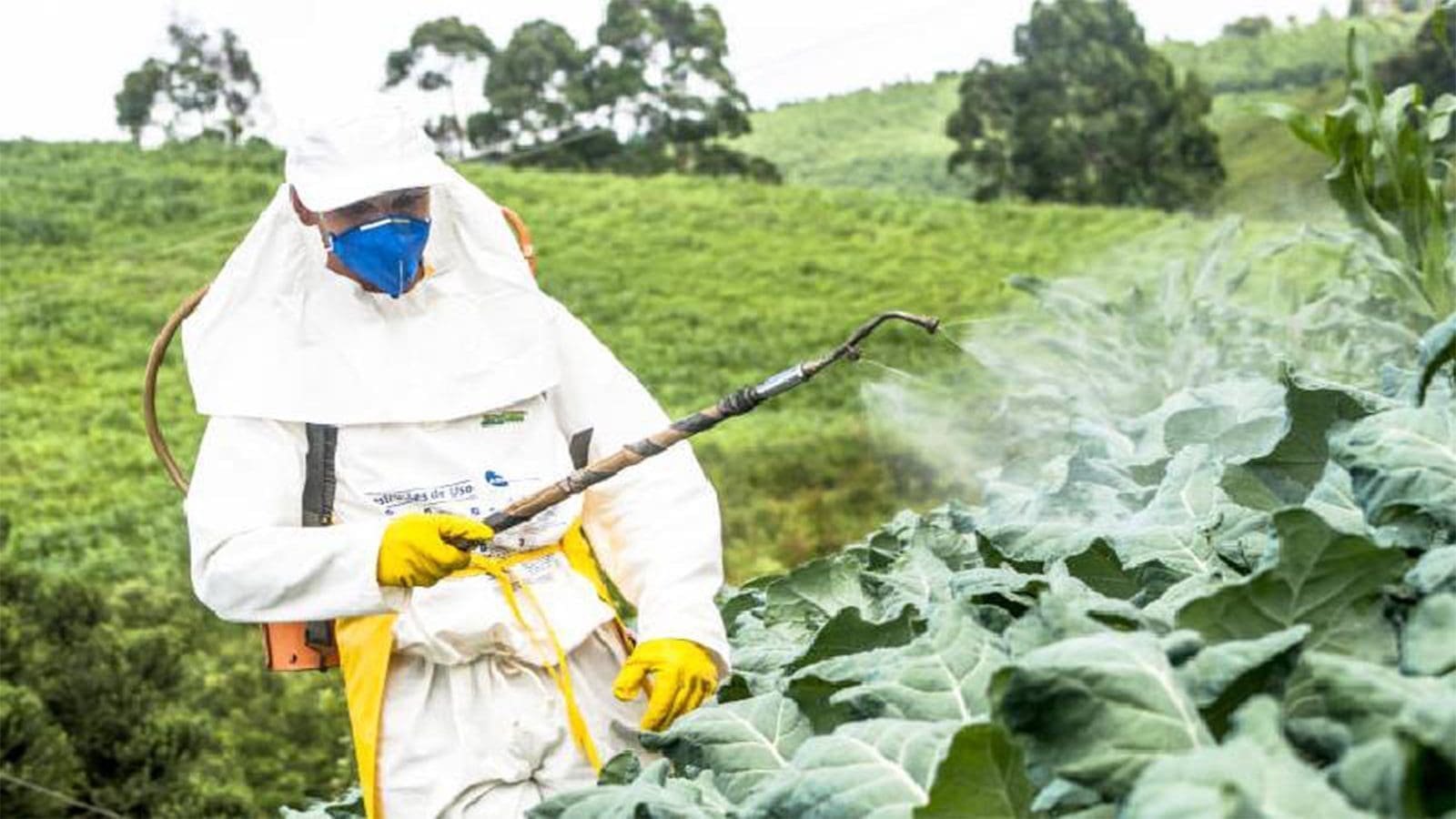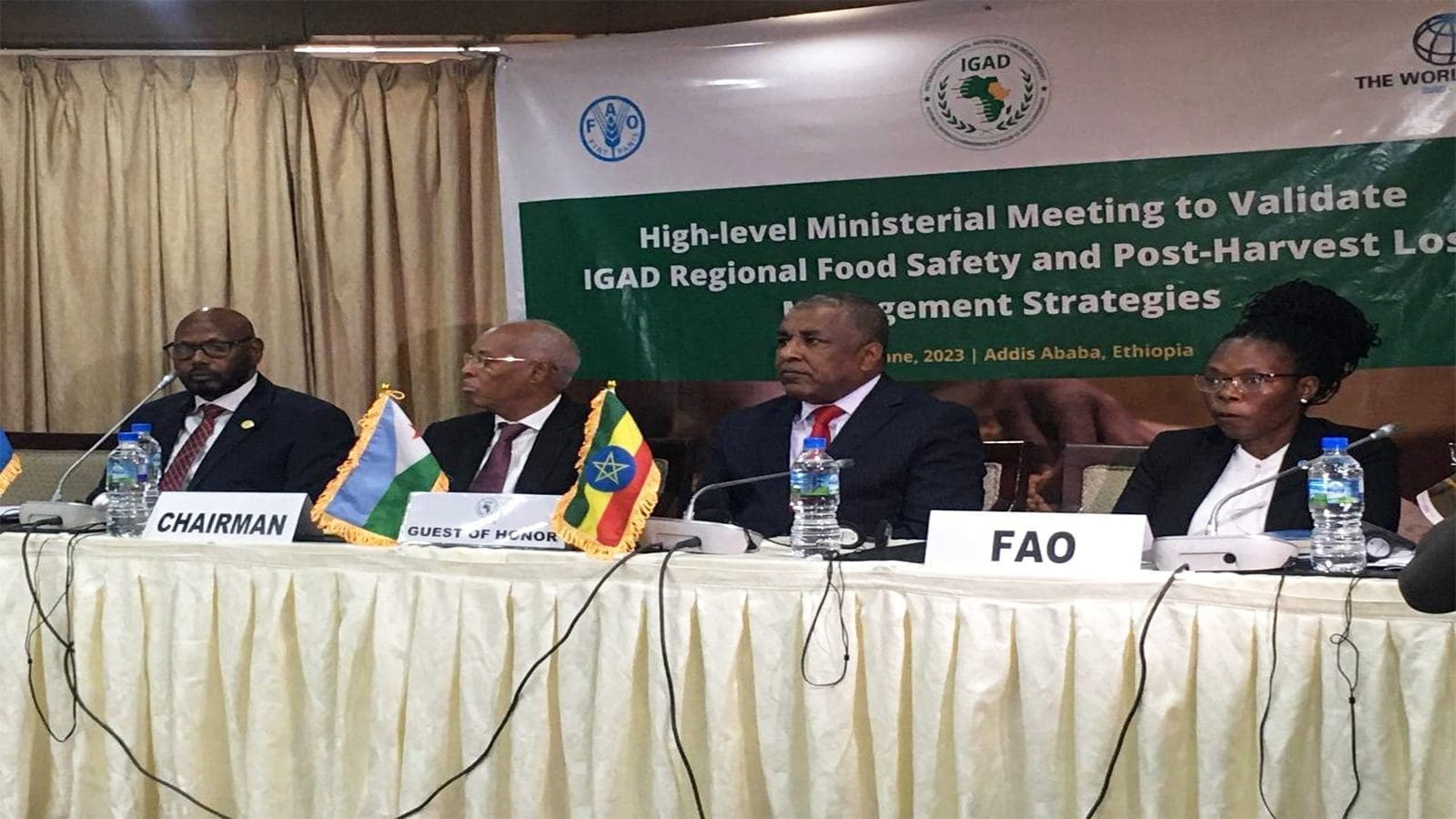U.S – In order to reduce the spread of antimicrobial resistance (AMR), scientists affiliated with the Food and Agricultural Organization of the United Nations (FAO) have emphasized the significance of carefully selecting pesticides for use on food crops in a new publication.
The study highlights information gaps and suggests further research while examining how certain bactericides, fungicides, and other pesticides contribute to the global public health problem of AMR.
Pesticides and other agricultural chemicals can cause plant pathogens and human diseases to develop AMR.
Currently, bacterial infections in humans that have AMR characteristics result in over 700,000 fatalities yearly.
By 2050, it is predicted that unchecked AMR infections would be the cause of 10 million annual fatalities.
The use of streptomycin, oxytetracycline, copper-based products, and some fungicides is correlated with increased resistance among plant pathogens to such agents.
Furthermore, the recent increase in the prevalence of Aspergillus fumigatus, the human aspergillosis causator, has raised concerns, particularly in Europe.
Phytopathogens, soil bacteria, and zoonotic bacteria that are present in the production environment and the food chain can all exchange genes with other bacteria in the plant production environment through horizontal gene transfer.
Resistance to one chemical may give resistance and multi-drug resistance to other compounds through methods of horizontal gene transfer, co-resistance, cross-resistance, and gene up-regulation say the researchers.
According to them, there are significant knowledge gaps regarding the application of fungicides combined with antimicrobials in plant agriculture globally and the consequences of such applications on the emergence and selection of resistance in human and animal infections.
As such, they note that more data including surveillance and testing, are required to complete thorough risk assessments and find sustainable plant health practices.
The paper makes recommendations for the adoption of integrated pest management strategies to lessen dependency on pesticides, as well as the consideration of risk assessment of pesticides on AMR development and appropriate action regarding the management of antimicrobial-associated pesticides.
The authors emphasize that both developed and developing nations, as well as low- and middle-income nations, should place a “critically high priority” on educating users about the proper use of antimicrobial-associated pesticides and the effects of improper use.
For all the latest food safety news from Africa and the World, subscribe to our NEWSLETTER, follow us on Twitter and LinkedIn, like us on Facebook and subscribe to our YouTube channel.








